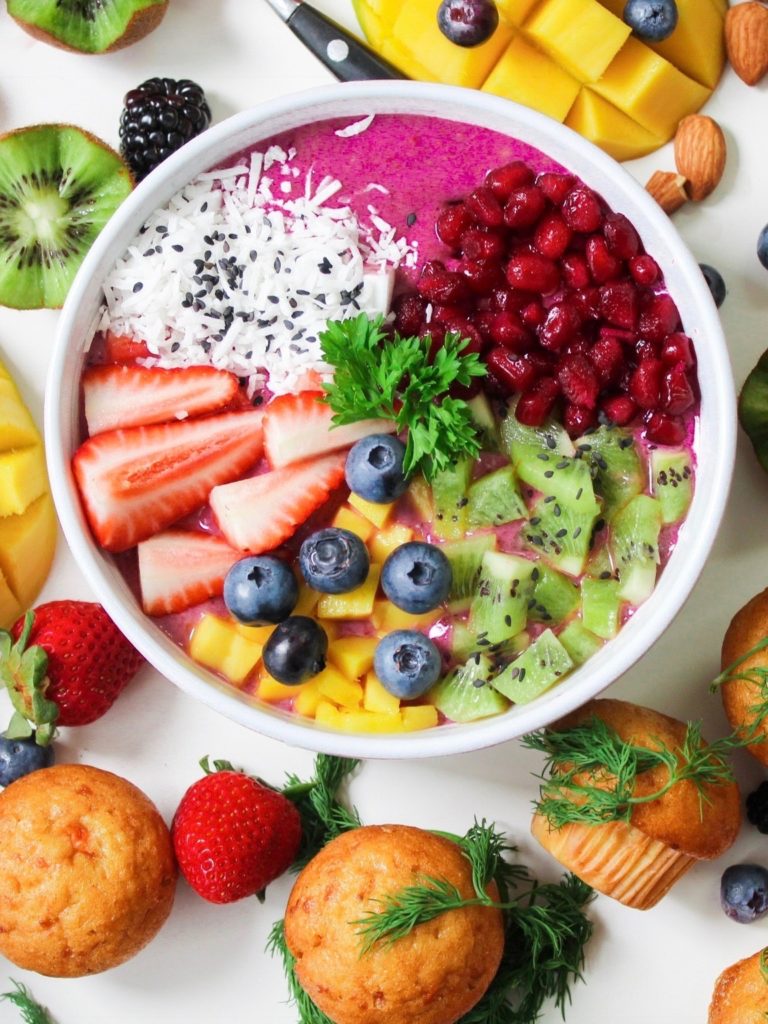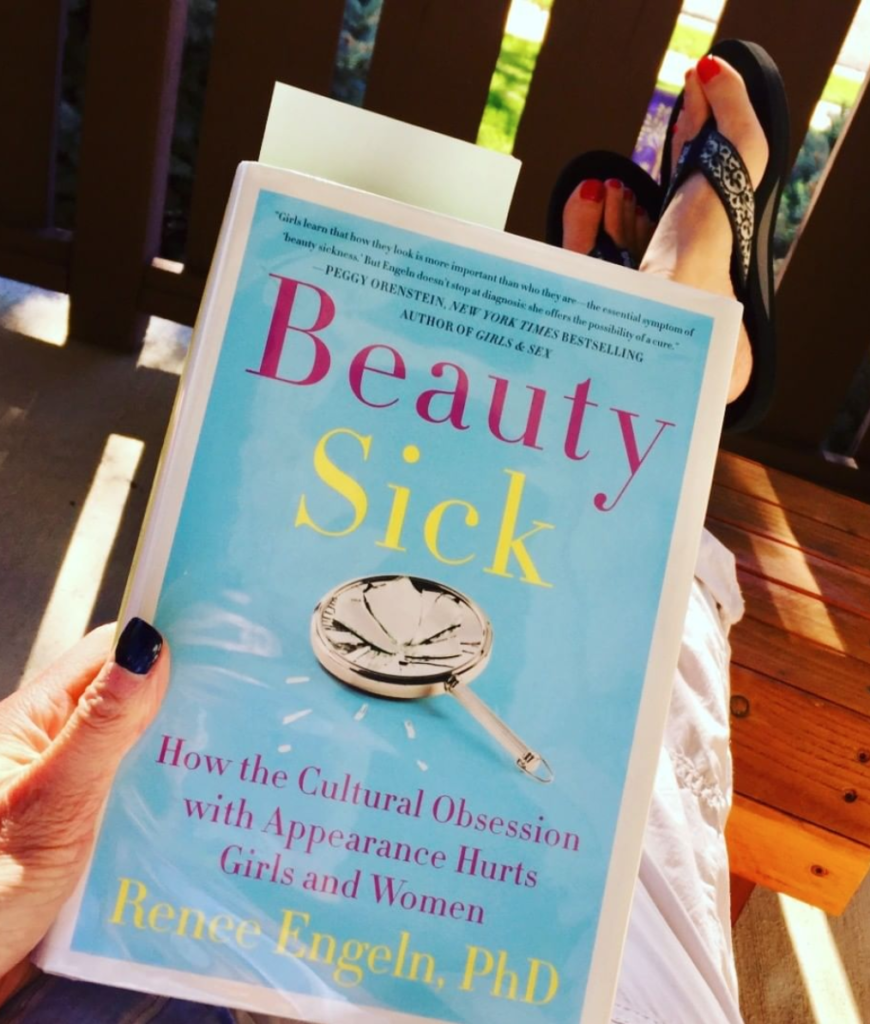
Without reminders + gentle nudges + bumpers to keep us in our lane, we will inevitably default to autopilot mode.
In other words, we will do what we’ve always done.
Autopilot works brilliantly when we have zero interest in changing our actions – but when it comes to self-improvement, it’s kryptonite.
If you’re serious about getting better at something, you’ll need..
1. Self-awareness
2. Accountability tools
3. Personal rules
Yes — rules.
Guidelines. Instructions. Behaviors. Habits. Whatever you want to call them.
The idea of setting rules to live by strikes fear in most people. We immediately recall all the times unfair or cruel rules were forced upon us – or the times we attempted to live under unbearable self-imposed rules (no eating after 6:00).
That is not what I’m talking about.
Below is a list of my current daily habits.
- Go for a walk
- Eat at least 5 servings of veggies
- Keep a daily journal (3 things that would make today great + 3 things I’m grateful for and why)
- Do at least 2 sets of one strength training exercise
- Post EVERYTHING consumed on YouAte (a food journaling app)
I track each one of my daily habits in an app called Habit Share. My steps are tracked with Fitbit.
Why all the apps?
If you aren’t aware of what you’re doing, then it is extremely hard to change your life with any degree of consistency. Trying to build better habits without self-awareness is like flying blind.
Rules are often associated with a lack of freedom. But setting rules for yourself is completely different. Freedom is the whole point.
Self-imposed rules aren’t constraints, they’re behavioral boundaries you get to establish yourself, through your own experience and wisdom.
A good personal rule sets you free from having to stop and negotiate with yourself for the hundredth time on the same issues. Should I have a third drink? Should I go for a walk today? Should I order the salad?
Despite our fear of rules, acting in accordance with a well-considered personal rule does not feel constraining. Instead, it generates a profound feeling of power and independence.
Coach Tips:
- Choose rules that make your life better and set you up for success. Rules that aren’t so difficult you can’t adhere at least 80% of the time.
- Choose rules that add and enhance (eat a serving of veggies at dinner, go for a walk) rather than subtract (no sugar).
- Experiment with short-term rules (14 days, the month of February). Be curious. Try. Test. Investigate.
- Utilize accountability tools (Habit Share, Fitbit, YouAte, a coach 😃)
- Choose rules that gently stretch you in the direction you want to go.
- Most important, choose rules that feel like love not punishment.
💙Robyn
Interested in a one-on-one coaching relationship with me? It would be an honor to work with you if and when the time feels right.
To learn more about Personal Health Coaching click HERE.


